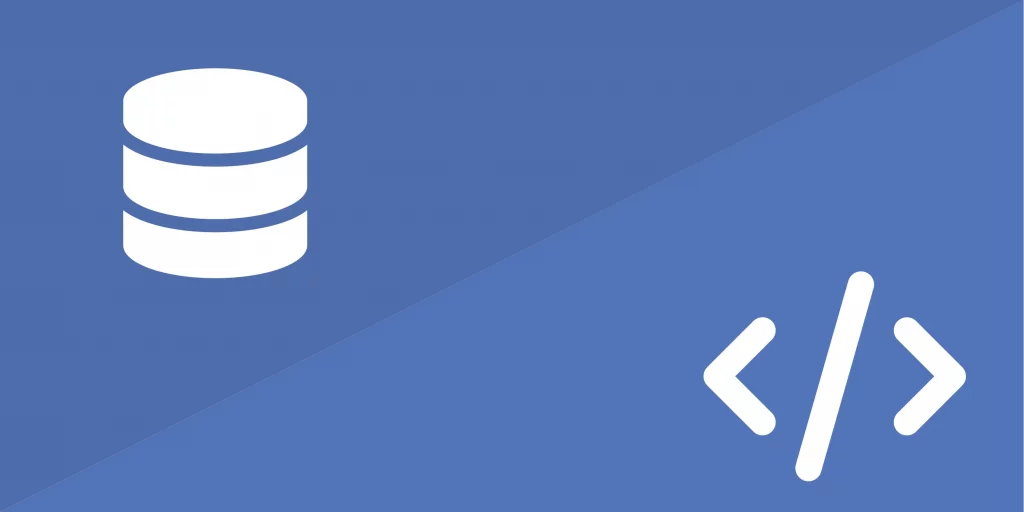Course Overview
SQL, or Structured Query Language, is the cornerstone of all relational database systems. It allows users to retrieve, manipulate, and manage data in a structured and efficient manner. Through this course, you will gain a deep understanding of SQL’s capabilities and how it can be used to handle real-world data challenges.
What You Will Learn
- Understanding SQL: The Language of Relational Databases: Begin with the basics of SQL and its importance in today’s data-driven world. Understand how SQL interfaces with relational databases.
- SQL Statement Fundamentals: Learn how to construct SQL statements correctly to perform various data operations.
- SQL Keywords: Dive into the core SQL keywords across DML (Data Manipulation Language), DCL (Data Control Language), DDL (Data Definition Language), and TCL (Transaction Control Language).
- Comments in SQL: Understand how to write comments in SQL for better readability and maintenance of your code.
- In-Depth Guide to SQL Data Types: Explore the different data types used in SQL to ensure data integrity and optimal performance.
- Creating Database Tables in SQL: Learn how to create tables using SQL commands, a fundamental skill for any database professional.
- Primary Keys and Foreign Keys in SQL: Understand the significance of primary and foreign keys in establishing relationships between tables and ensuring database integrity.
- GROUP BY Statement in SQL: Master the GROUP BY clause to aggregate data and generate meaningful reports.
- LIMIT Statement in SQL: Learn how to limit the results returned by queries, which is essential for handling large volumes of data.
Hands-On Examples and Practical Application
This course includes detailed examples and practical exercises to enhance your learning.
Who Should Enroll
This course is perfect for anyone interested in learning SQL from scratch or those seeking to improve their understanding of database management. It’s particularly beneficial for:
- Aspiring data analysts and business intelligence professionals.
- Software developers who need to interact with databases.
- Academic students in IT-related fields.
- Business professionals who wish to make informed decisions based on data insights.
Tutorial Content
More Examples



